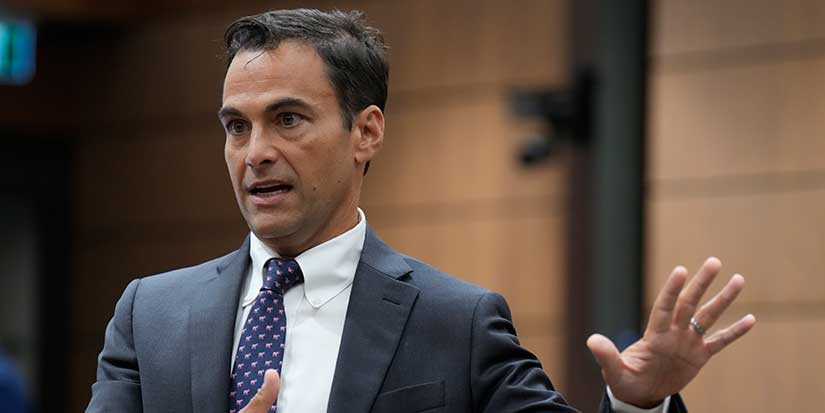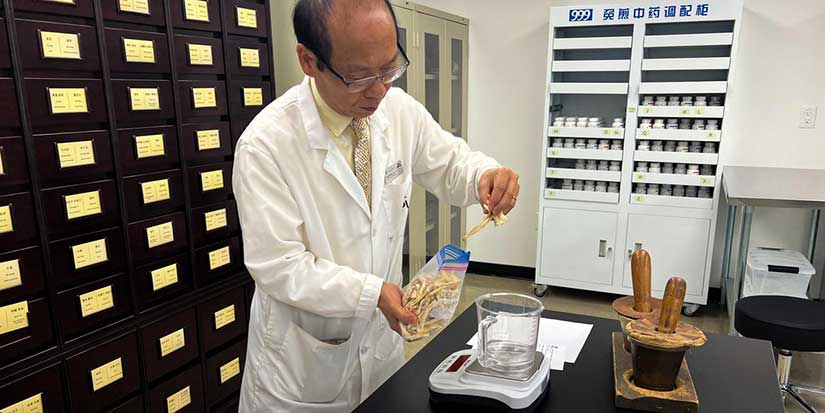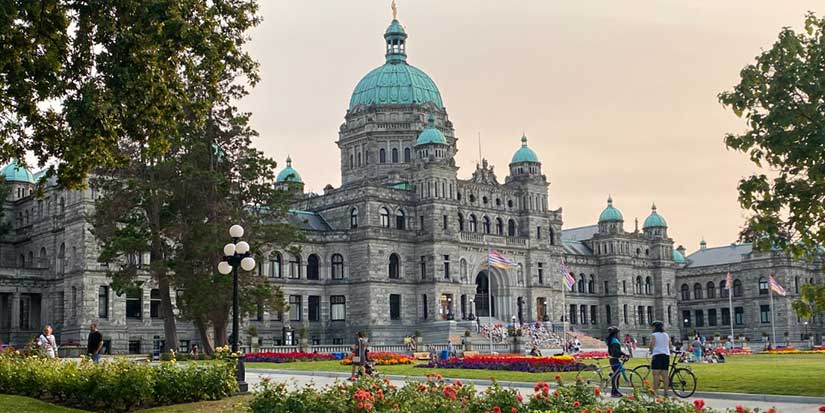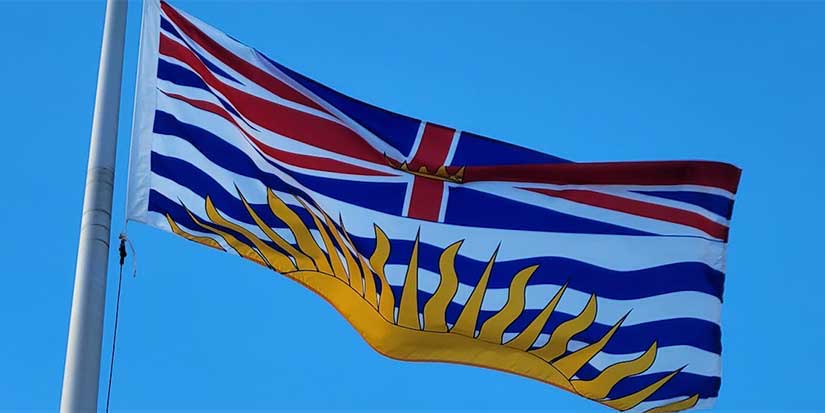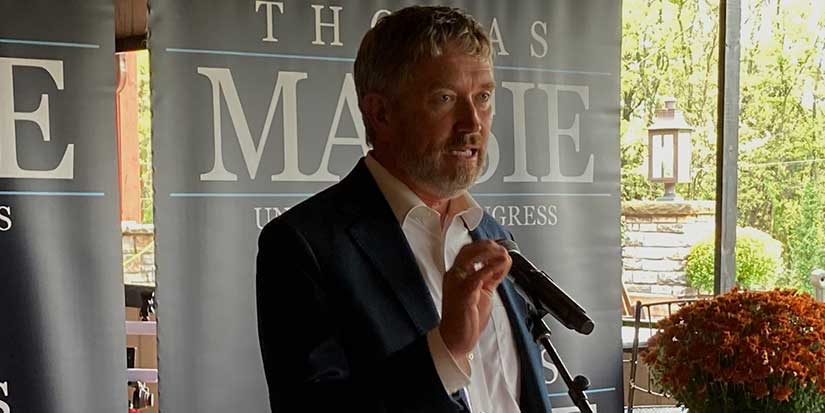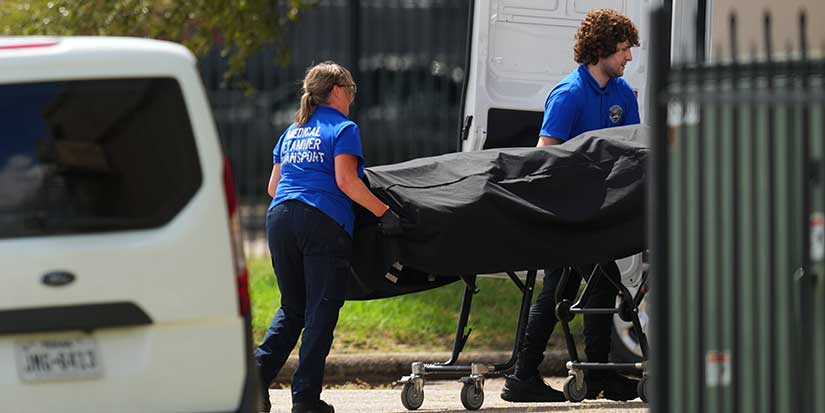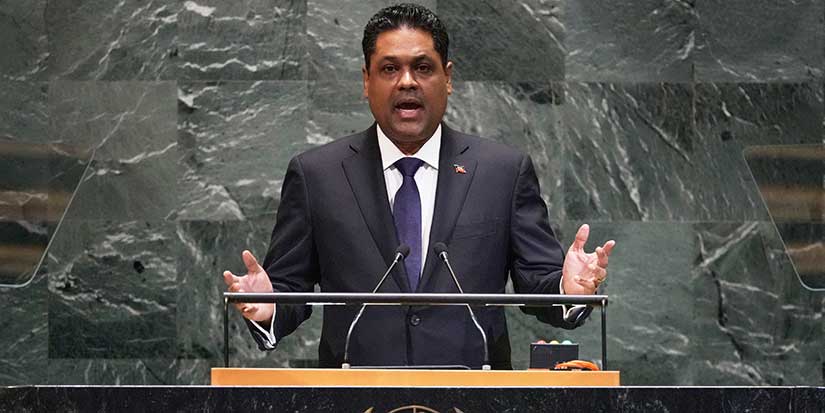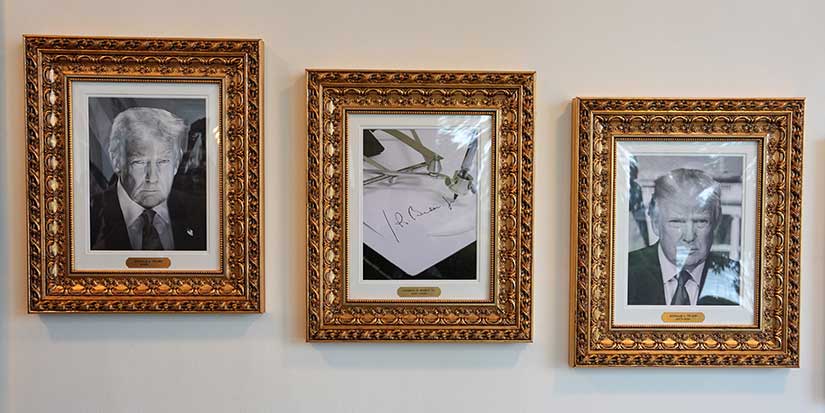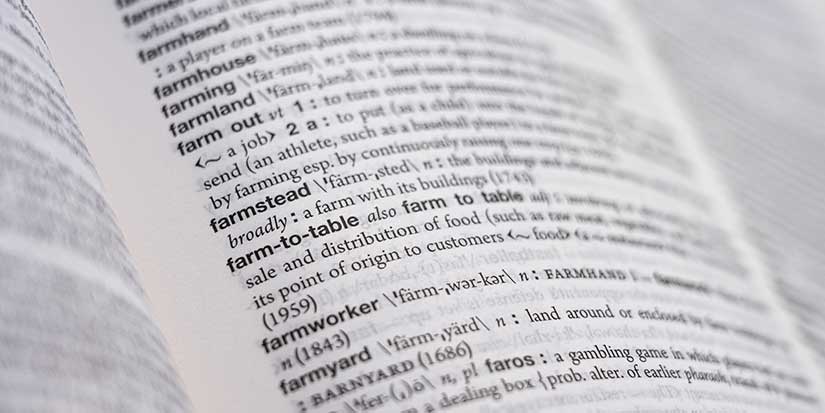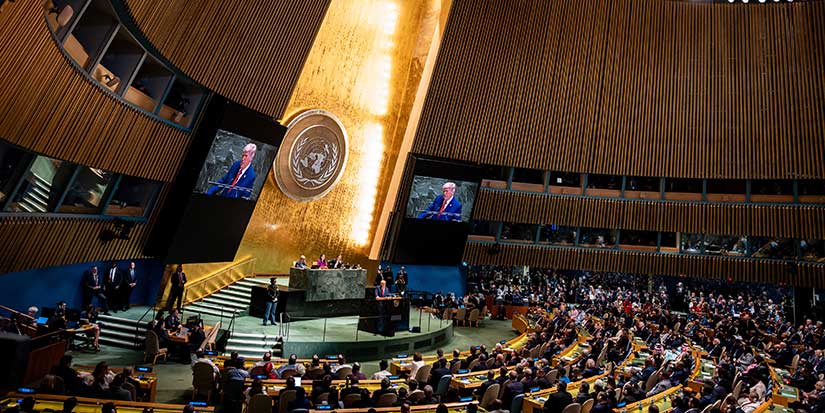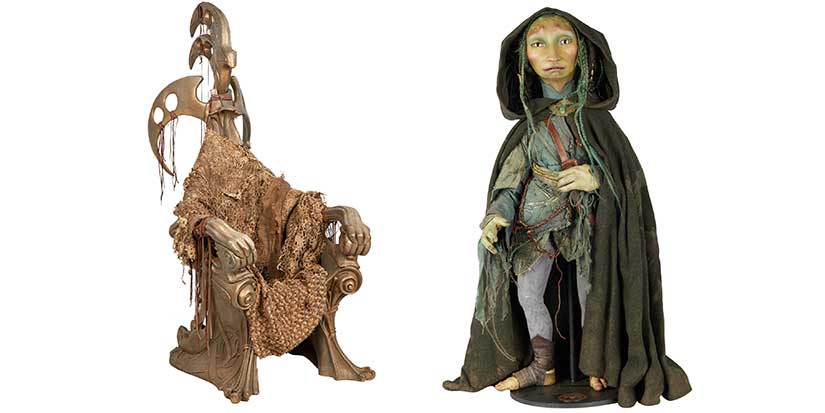National News
Parliamentary budget watchdog forecasts sharp rise in deficit to $68.5B this year
Published 11:03 PDT, Thu September 25, 2025
Last Updated: 12:18 PDT, Thu September 25, 2025
—
The parliamentary budget officer said Thursday he expects the coming fall budget will reveal a sharp increase in Ottawa's deficit that puts the government's previous fiscal anchors in jeopardy.
Ottawa's fiscal watchdog Jason Jacques now projects the federal government will post an annual deficit of $68.5 billion this year, up from $51.7 billion last year.
He said in a new report that he expects the federal debt-to-GDP is no longer on a declining path over the medium term — a ratio that previously was a key fiscal anchor for the federal government.
The office's updated fiscal and economic outlook offers parliamentarians a baseline estimate of the state of federal finances heading into the Liberals' fall budget on Nov. 4.
The PBO's update does not include plans to incrementally ramp up defence spending to meet the updated NATO benchmark of five per cent of GDP by 2035. It also doesn't factor in Ottawa's announced plans to reduce public service spending over the next three years.
But the report does account for some $115.1 billion in net new spending over five years announced by the government since the last fiscal update in December of last year.
The office said an economy weakened by Canada's trade war with the United States is dragging down Ottawa's tax revenue and pushing deficits higher as the Liberals boost capital spending.
The PBO predicts real GDP growth of 1.2 per cent in 2025 and 1.3 per cent in 2026, down from 1.7 per cent and 1.5 per cent, respectively, in the office's March outlook.
Nominal GDP, a measure of the federal government's tax base, is projected to be $12.9 billion lower on average from 2025 to 2029, due to the lasting effect of tariffs.
The PBO says that with lower revenues and higher government spending, budget deficits will be $26.6 billion higher each year on average through to 2029-30 than the projections in its March outlook.
The PBO expects deficits to decline slightly but to remain close to $60 billion annually over the forecast horizon.
Finance Minister François-Philippe Champagne on Thursday blamed the higher deficit on the global trade disruption.
"With everything that's happened in the world, when you look at the deficit of Canada, a large part of that is in response to what has happened," he told reporters on his way into a cabinet meeting.
Champagne said Canadians expect the government to support workers and shift the economy for future growth.
He said after cabinet that Canada continues to have a strong fiscal position among its G7 counterparts and defended the need for "once-in-a-generation" investments to meet the economic moment.
“The parliamentary budget officer can have his own view," Champagne said.
"My role is to ensure the long-term fiscal stability of Canada and make sure the investments are there to support the Canadian economy for generations to come.”
Prime Minster Mark Carney has described the Liberals' approach to the budget as one of spending less to invest more. He has promised to ramp up infrastructure spending and attract investment to boost productivity in Canada.
Conservative Leader Pierre Poilievre accused Carney of breaking his promise to "spend less" during question period Thursday. He called Carney a more expensive prime minister than his predecessor, Justin Trudeau.
"We know that every single dollar this prime minister spends comes out of the pockets of hard-working Canadians," Poilievre said.
"Why don't they know that?"
Jacques has expressed doubts about whether Ottawa still has its "fiscal anchors" — benchmarks that show the federal government is responsibly managing its debt.
Champagne said Thursday the Liberals' election promises to maintain a declining deficit-to-GDP ratio and balance the operating budget in three years account for the government's fiscal anchors.
The PBO report shows that, after a expanding to -2.2 per cent this fiscal year from -1.7 per cent last year, the deficit as a share of GDP is expected to shrink through to 2029-30.
Projections for deficit-to-GDP in the PBO's outlook are generally larger each year than those in the spring Liberal platform, which predicted a ratio of -1.96 per cent this year.
The former Liberal government under prime minister Justin Trudeau used a declining debt-to-GDP ratio and a cap on the deficit of one per cent of GDP as fiscal anchors.
The PBO says total debt as a share of GDP is no longer on a downward path and will rise to 43 per cent over the medium term from 41.7 per cent last year, as deficits routinely top one per cent of GDP.
Jacques was named parliamentary budget officer on a six-month interim basis earlier this month, before the House of Commons began its fall sitting.
A permanent appointment must be approved by the House, and the Conservative party has pushed to keep Jacques in the role.
Jacques was scheduled to appear at the Commons committee on government operations and estimates Thursday to answer MPs' questions.
– Craig Lord, The Canadian Press
